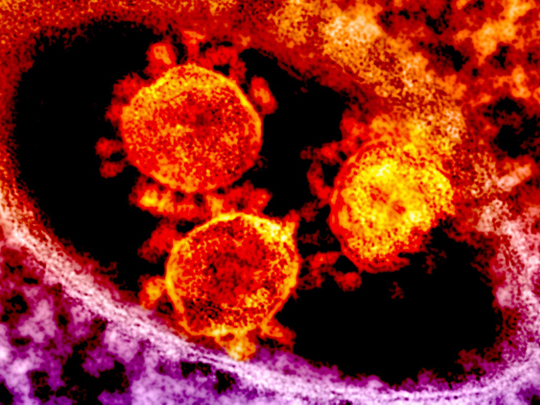
Dubai: Saudi Arabia will test camels in the kingdom for Middle East Respiratory Syndrome (Mers), its agriculture minister was quoted as saying, a day after a Saudi study reinforced a long-suspected link between the animals and human cases of the deadly virus.
There have been 691 confirmed cases of Mers, including 284 deaths, in Saudi Arabia since it was identified two years ago, and many scientists have said for months that camels are the most likely source of transmission from animals to humans.
Saudi press quoted Agriculture Minister Fahad Balgunaim as saying that a programme to register and number livestock including camels had begun last year and would be accelerated.
He said all camel livestock would be tested for Mers and the Saudi Wildlife Authority would also take samples from wild camels roaming freely in the desert to establish the level of infection from the virus in the wider animal population.
Imported camels would also be tested for Mers and quarantined.
At Riyadh’s main camel market, one of the largest in the kingdom, traders, breeders, handlers and even veterinary doctors said they were unaware of any connection between their animals and Mers, and said they had not been contacted by officials.











